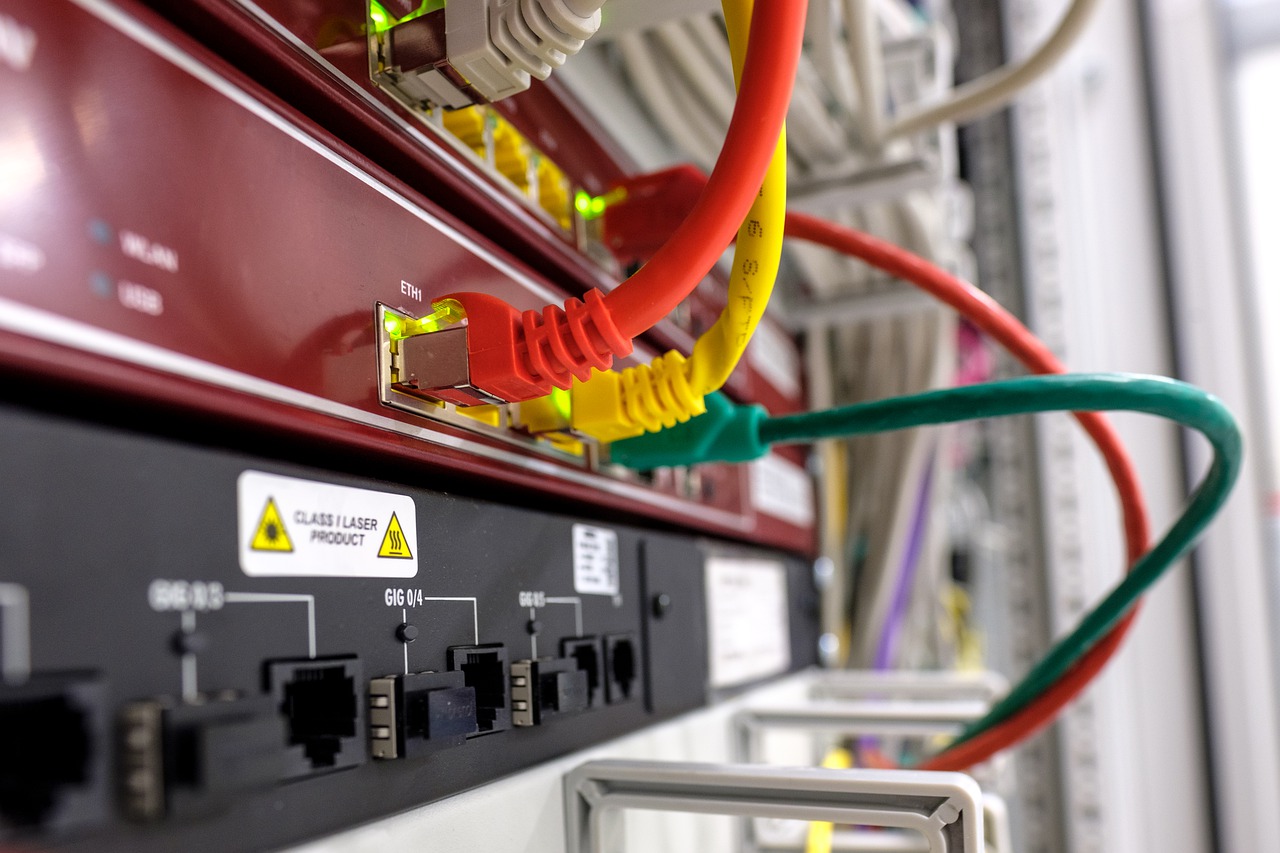It’s hard to deny the power of influencer marketing in a world filled with information. From diet and fitness influencers on Instagram to thought leaders in the world of freight logistics and 3PL, every industry benefits from vocal thinkers—people who steer the conversation. It should be the intent of any brand to identify and partner with the influencers in their industry.
But influencer marketing goes far beyond getting your message out to a broad audience. It’s easy to throw marketing dollars at influencer efforts and get your page promoted or your product mentioned. What’s difficult—and what savvy brands need to pay attention to—is how to leverage influencer relationships to strengthen your brand.
Stop seeing influencers as exposure opportunities and start looking at them as brand building blocks.
Contents
Align your messaging with an influencer
There’s never one single influencer in a marketplace. Most industries are big enough for several voices and perspectives. For example, YouTube influencer PewDiePie and Twitch streaming icon Ninja are both larger-than-life personalities in the gaming community and share overlap in followers. They’re also two of the biggest targets for entertainment brands looking to get traction on a new product, event, or news.
Regardless of the industry, businesses need to identify the influencers that project messaging in-line with their brand. This is an important first step. Influencer A might be a bold, brash, in-your-face personality that doesn’t mesh with your laid-back, chill brand. Influencer B might have the same values and approach as your brand, and you might resonate with their personality.
Think of it this way—when you align yourself with an influencer, you open your brand up to risk and reward. The risk comes from partnering with someone who hurts you more than they help, with off-brand messaging or negative publicity. The reward comes from finding someone who will do right by your brand and strengthen the message you’re projecting.
Partner to promote your message in meaningful ways
Too many brands try to wield influencer marketing like a weapon. They create targeted messaging and use influencers to attack opportunities. The truth is, influencer marketing is much more successful when it’s meaningful and natural. It’s not about how many people you can shout your message to, it’s about how you deliver that message.
“Influencer marketing is a partnership. Influencers want to align themselves with brands and businesses that contribute to their authority within the industry. They don’t want to risk their status by making a quick buck. They’re in it for meaningful results,” said Cale Loken, CEO at 301 Madison Consulting and influencer marketing expert.
Think about it. Influencers have a reach and a strong following of people who care about what they have to say. Trying to force a brand message or product placement will come off as disingenuous, hurting you and the influencer. Smart influencers avoid this type of hocking altogether.
Instead, look for meaningful ways to promote your message. Be transparent about the partnership. Tie your brand’s value proposition into long-held beliefs of the influencer that aligns with their voice. Use your partnership as a persuasive platform, not a sales opportunity. It’s all about finesse.
Consider the award-winning influencer collaboration by noted whiskey distiller Diageo and actor Nick Offerman, fresh off his stint with the hit show Parks and Rec. Offerman’s character Ron Swanson curried a huge internet following for being a grumpy, whiskey-drinking man’s man, and Diageo harnessed that into an effective marketing campaign. The brand produced a 44-minute video of Offerman sitting in front of a fire, sipping his glass of whiskey in silence—very ‘Ron Swanson-esque.’ There is no dialog or sales pitch—only a message that aligns Diageo’s whiskey with Offerman’s character.
The video was a viral hit, reaching 1.1M views on YouTube in two days (with no paid media) and rallying Diageo’s channel from 5.5K to 23K subscribers. All told, the campaign notched 840 million earned media impressions—all without selling anything.
Stay true to your brand
Diageo’s collaboration with Nick Offerman is one of many, many examples of successful influencer marketing. What makes these types of campaigns successful is the strength they bring to the brand and its core value propositions.
Diageo’s brands include Lagavulin, Johnnie Walker, and other notable whiskeys, which emphasize culture, heritage, excellence, and hard work. Offerman’s Ron Swanson character was a natural extension of these traits and reinforced them. Combining the two sets the stage for an influencer marketing campaign destined for success based on the likeness of the messaging. It’s not apples and oranges; it’s apples and cinnamon—one makes the other better.
Brands that want to capitalize on a winning influencer marketing campaign need to align themselves with industry voices that are an extension of their brand—not only those with the biggest reach or the loudest voice. When they do, they’ll send a meaningful message to a broad influencer network of people who will take the time to listen.







Great Post. What you think Influencer Marketing can change the marketing way?